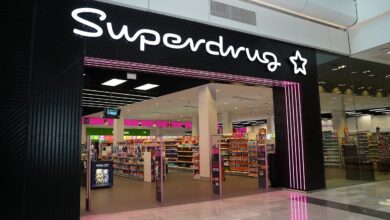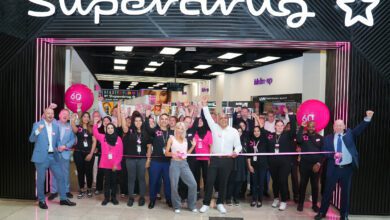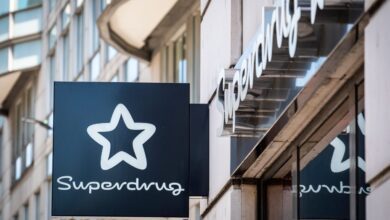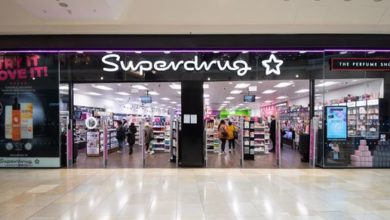Superdrug launches in-store consultations on breast cancer checks
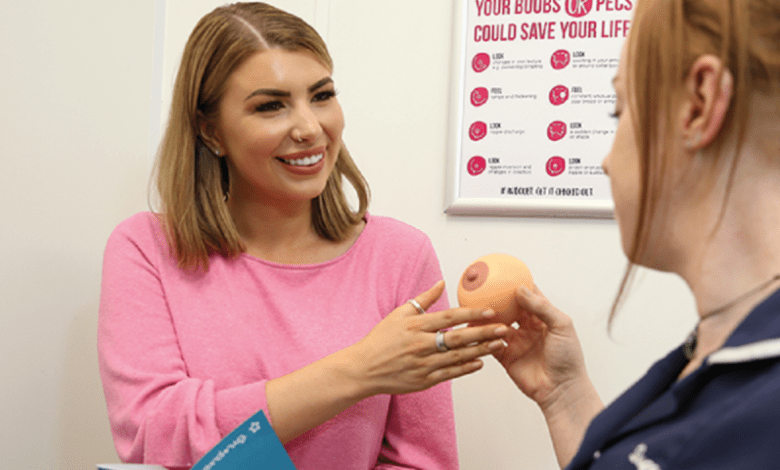
Superdrug has announced its partnership with charity CoppaFeel! to offer a no touch consultation on how to carry out a breast examination in all 56 of its nurse clinics across the UK.


